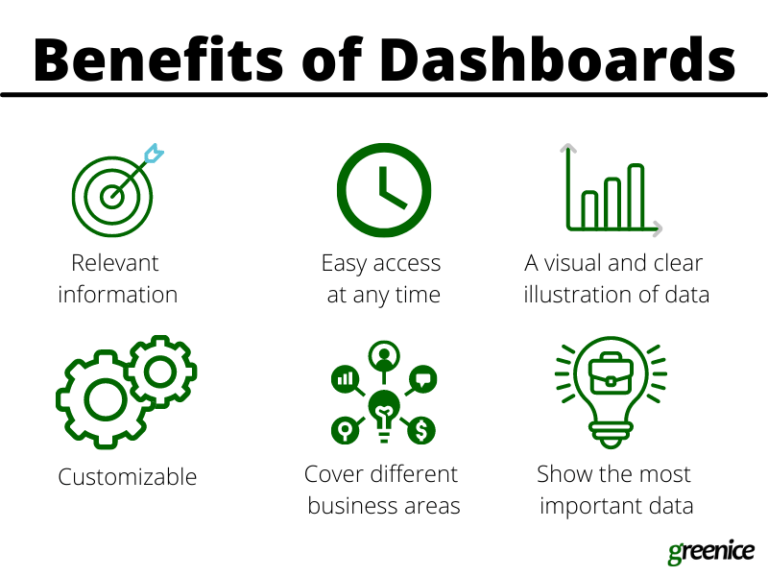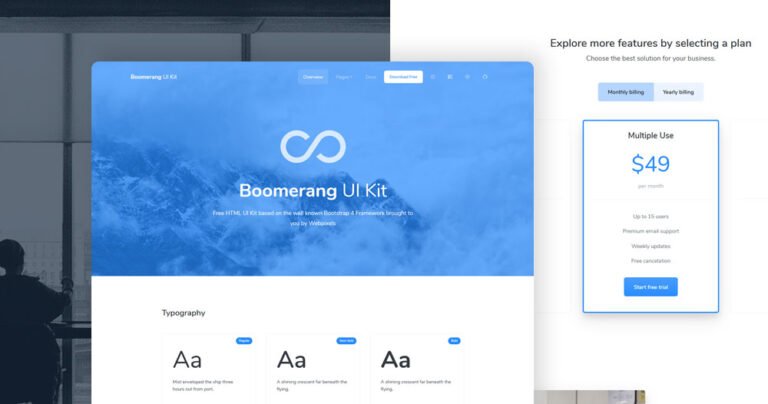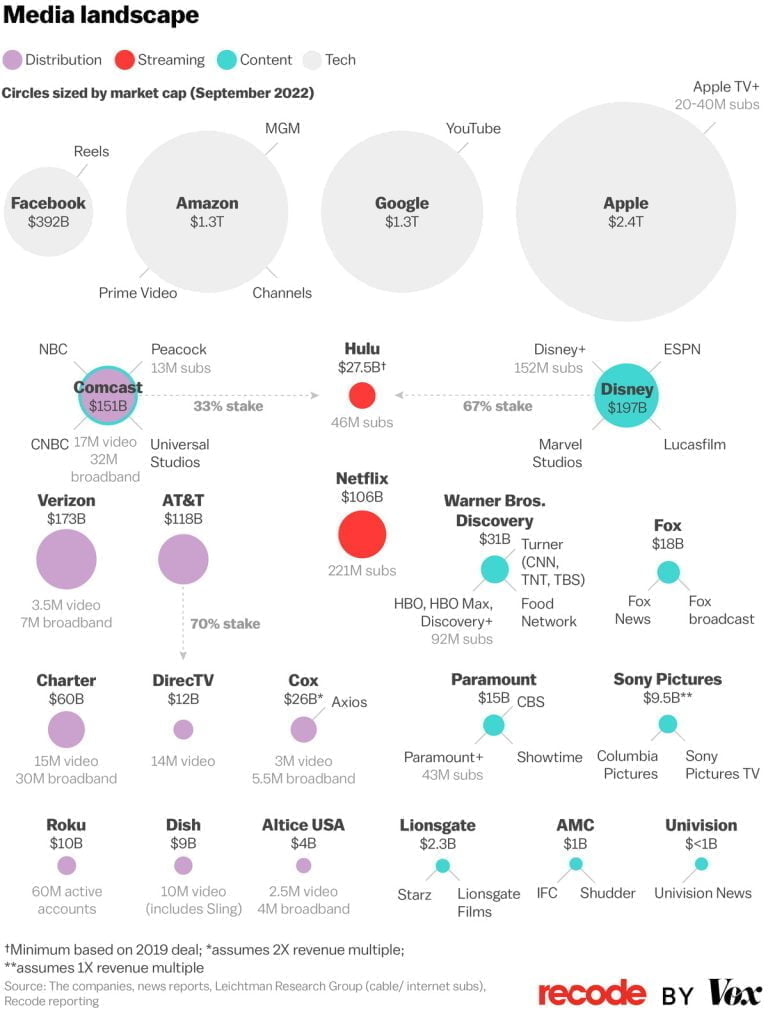Being a marketer means using a lot of innovation in order to get your brand’s message across, but you need to be careful about crossing the line between innovation and copyright infringement. In this article, we’ll share five tips for staying on the right side of copyright infringement law.
Marketing is a creative business, and proactive marketers are often required to think outside of the box when it comes to creating effective ads and messages while saving money. While this is necessary, copyright lawyers may be finding that marketers are either deliberately or inadvertently breaching copyright laws.
In this article, we’ll be sharing eight tips for avoiding copyright infringement as a marketer.
What is Copyright Infringement?
Table of Contents
This is the term for when somebody uses or shares work that belongs to somebody else, and which is protected by copyright law. Copyright protects a person’s intellectual property, and unlawful use can result in legal action in some cases.
Tips to Avoid Copyright Infringement
Some examples of how to avoid copyright infringement in various media include:
1. Social media
Social media often makes up a sizable chunk of your overall marketing and, as such, it’s important to get to know the platforms that you’re using. Each platform, for example, Facebook, Twitter, and YouTube has its own set of rules and regulations when it comes to content. Familiarising yourself with these will help you to stay on the right side of the law.
2. Photographs and video

No social media marketing campaign is complete without photographs and videos. Marketers will often make light work of searching the internet for appropriate images before quickly copying or downloading them for use in their campaigns. In many cases, a marketer will assume that, if a photograph is not watermarked then it’s up for grabs, however, this isn’t necessarily the case.
Before copying and using any photograph or video, it’s the responsibility of the marketer to find out if copyright applies – in which case, they will need to contact the owner of the work to request permission. A safer option is to use a specific site that offers royalty-free photographs, such as Unsplash.
This can protect you against possible copyright infringement issues. However, you may find that the images that you use are also being used by a large number of other businesses.
3. Plagiarism
Creating content for marketing campaigns will often involve quoted content from other people and websites. Largely speaking, it’s absolutely fine to quote content from others.
However, you should always credit this as appropriate – for example, by crediting the owner by name or by linking to the original content. The latter can be done quickly and easily by creating a hyperlink.
4. Music

Just like written content, photographs, and videos, music is classed as intellectual property and is, therefore, ‘owned’. Music can be a great way of adding depth to a marketing campaign, but it can also land you in legal hot water.
This month, Prime Minister, Liz Truss, caused a stir when she used a track by M People for a political event, without permission. In almost every case, a piece of music is subject to copyright and, therefore, you must gain permission from the owner to use it in your campaign.
Failing to do so, can result in your post or campaign being removed or, in some circumstances, legal action which can be costly for your brand in terms of finance and reputation. If in doubt, it’s best to use a site such as Stripe to secure music for your marketing efforts.
5. Celebrities
A surprising number of marketers take part in the dishonest practice of claiming support for their brand from celebrities or high-profile persons. They often do this under the mistaken belief that it doesn’t do any harm and that nobody will find out.
In reality, celebrities employ teams of people whose job it is to scour the internet for mentions of their name in order to identify the use of that name without permission. Because of this, marketers rarely get away with doing this.
This was the case with television personality Esther Rantzen, who discovered that a CBD company was claiming that she not only supported the brand but was actively involved with it. Ms. Rantzen was entirely unaware of this improper use of her name until a relative came across it whilst browsing the internet.
Unlawful use of a person’s name can potentially damage their public reputation. Because of this, unlawful use of a celebrity’s name will result in legal action against you and your brand – something which can severely harm your brand’s own reputation. The only way a celebrity’s name should ever appear in your marketing is when you have that person’s express permission to do so.
Staying on the right side of the law
As a marketer, there are plenty of ways in which you can add creativity to your campaigns without infringing copyright law. As well as keeping you out of trouble, using original photographs, videos and content will add a unique dimension to your brand and help you stand out from the crowd.
Should you wish to use intellectual property belonging to somebody else, it’s vital that you always acquire permission – and make the payment if necessary – to ensure that you are not putting your brand in harm’s way by infringing copyright laws.






